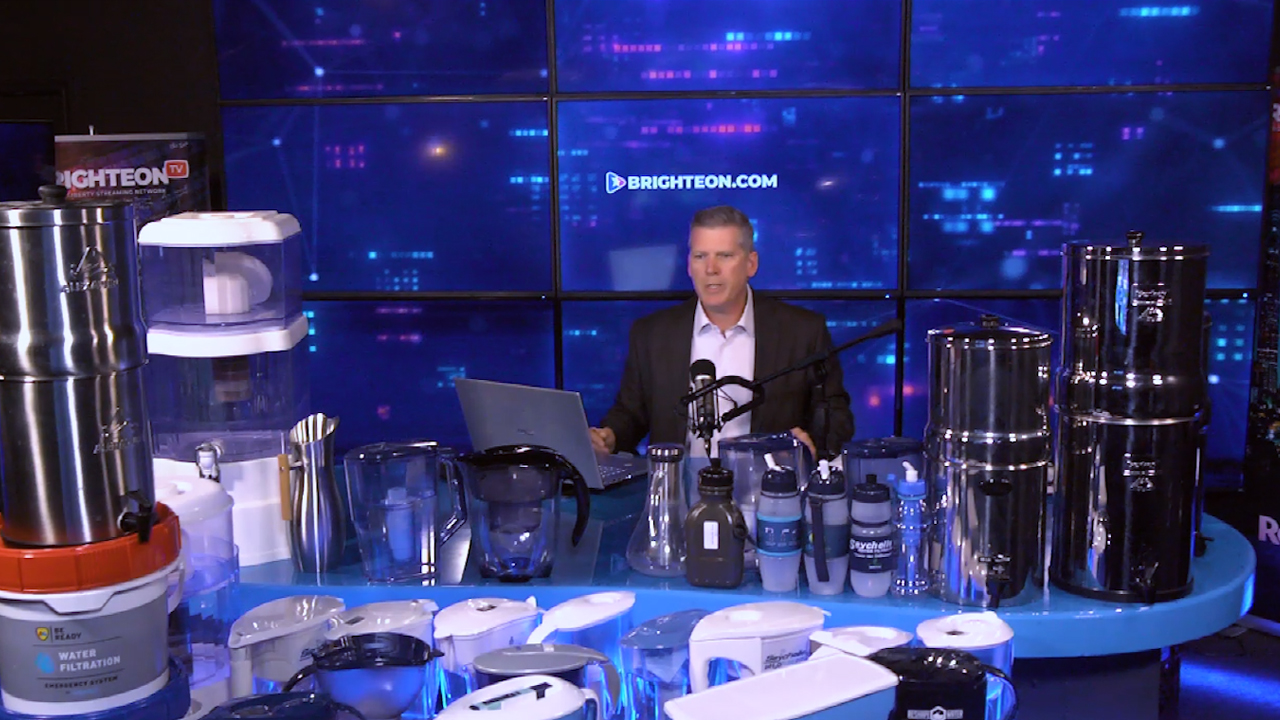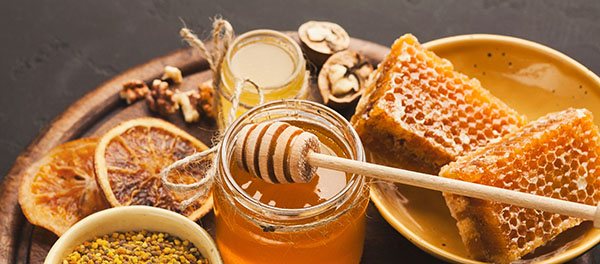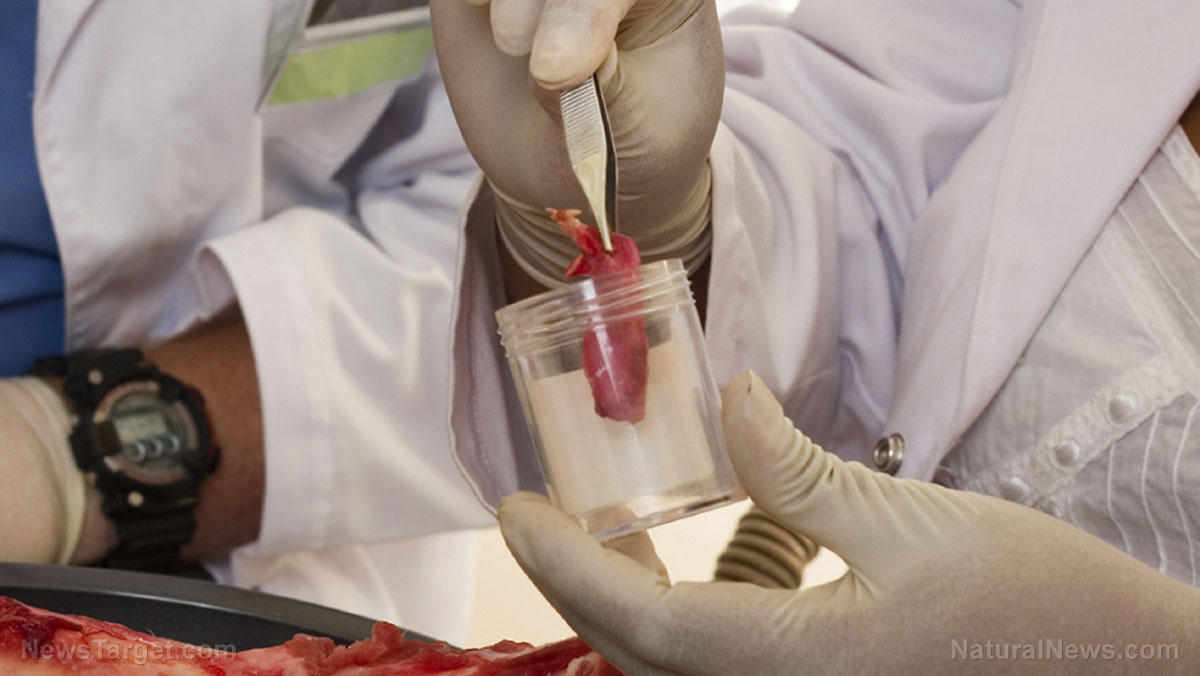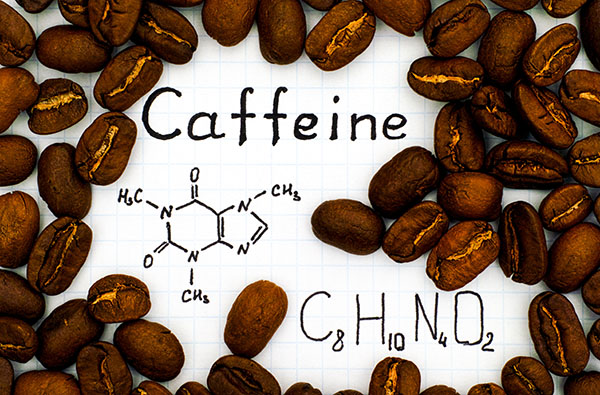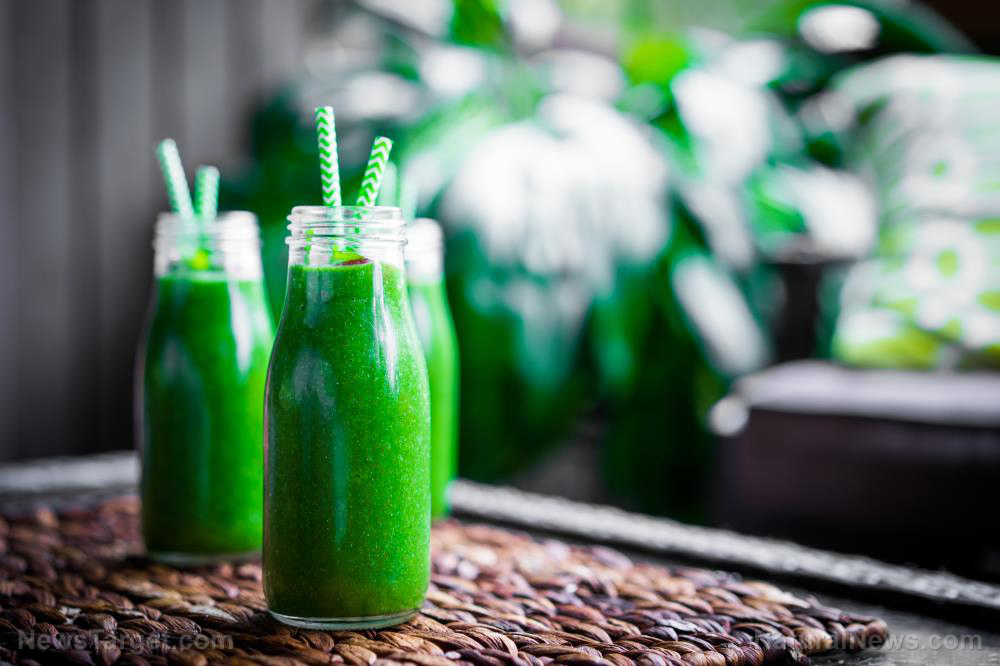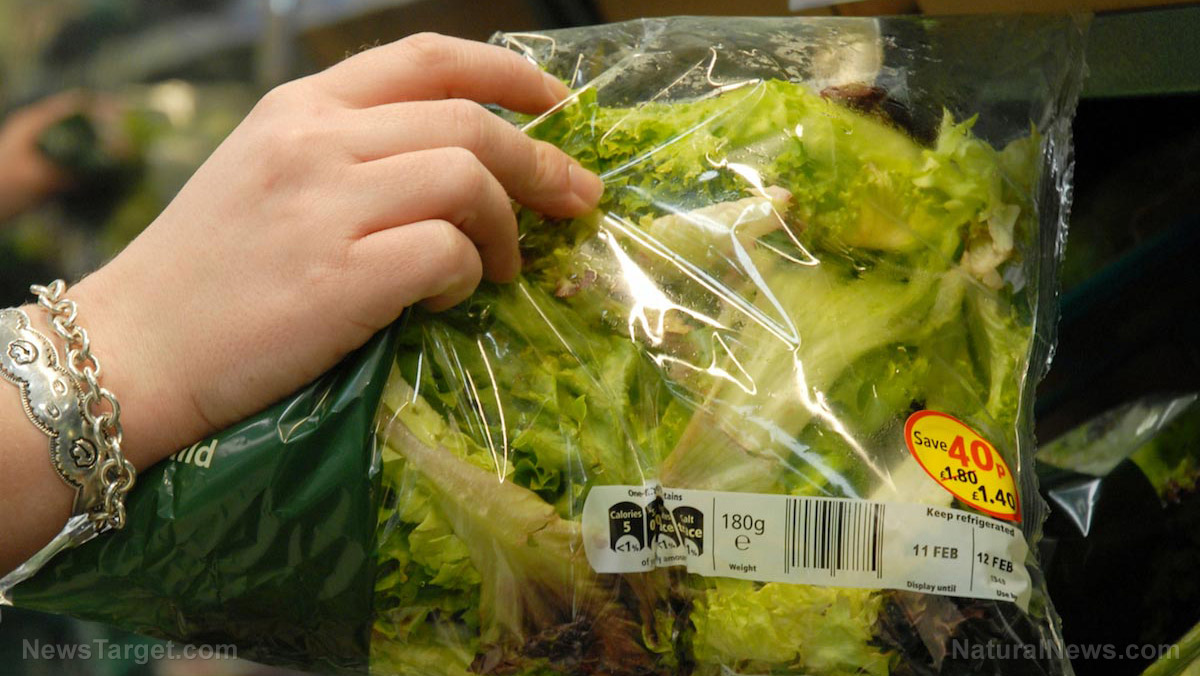World’s largest artificial meat plant is about to be constructed in Spain
06/16/2023 / By Lance D Johnson
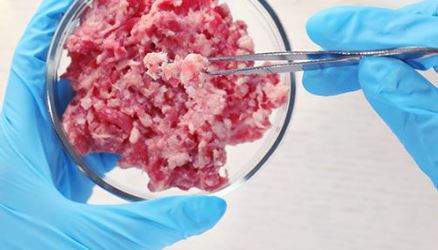
There are plans to scale up mass production of artificial meat lines. The news broke at the annual meeting of the Wyoming Stockgrowers Association. The world’s largest artificial meat plant is about to be constructed in San Sabastian, Spain. Brazil-based JBS S.A. is working with Bio Tech Foods to get the new venture up and running by mid-2024. The Spanish Institute for Foreign Trade will be tasked with researching and cultivating new cell lines to produce a new line of artificial meats.
In a press release, JBS confirmed that Bio Tech Foods will conduct “research on cell lines, cultured media and biomaterials for their correct bioprocessing to enable the production of cultivated meat.” The cultivated meat is referred to as “investMEAT.” JBS says the new line “will allow a highly efficient cultivated meat production line, which will solve the challenges of current technology linked to scalability.”
New meat factory to pump out more than 4,000 metric tons of artificial meat annually
The new factory will initially produce more than 1,000 metric tons of cultivated beef annually. As the factory expands, it is projected to pump out more than 4,000 metric tons of artificial meat per year. Bio Tech Foods co-founder and CEO Iñigo Charola stated, “With the challenges imposed on global supply chains, cultivated protein offers the potential to stabilize food security and global protein production.”
Under the guise of “saving the world from climate change,” central planners at the United Nations and the World Economic Forum are pressuring governments to shut down farms and ranches around the world. By threatening food sovereignty, these globalists are able to engineer and control a fake food supply, while conducting experiments on human genetics.
National Cattlemen’s Beef Association President Todd Wilkinson is opposed to these fake meat initiatives. On October 19, 2019, Wilkinson testified before a subcommittee of the U.S. Senate. He said that world leaders are now obsessed with eliminating carbon. He said climate radicals are so hysterical, they are willing to destroy the American cattle industry. Back then, he said climate radicals will eventually destroy the cattle industry and pretend to be the savior by introducing fake meat strains. He was right. Today, cattle ranching is being vilified and governments are destroying livestock to reduce carbon emissions.
American beef production is sustainable and environmentally-friendly
Wilkinson believes American beef production is a climate change solution. When animals graze, they naturally sequester carbon. Grazing also helps the prairie grasses build deeper root systems, improving soil health. When healthy soils can retain more water, they can also sequester more carbon, creating a more robust ecosystem and a more resilient farm.
Climate change extremists also claim that cattle are damaging the environment with methane emissions. However, the methane emissions that come from cattle are part of a natural methane cycle. Over time, the methane combines with oxygen in the atmosphere, before converting to CO2. “Methane has no long-term impact on climate when emissions and oxidation are in balance. And this balance has been maintained for centuries,” Wilkinson said.
“Climate policies that unfairly target cattle producers fail to recognize the positive role of cattle and beef in a healthy, sustainable food system,” Wilkinson told members of the U.S. Senate’s Environment and Public Works Subcommittee on Clean Air and Nuclear Safety. “Rather than adopting misguided policies that threaten the viability of farmers and ranchers, we want to shift the conversation.”
When he spoke to Northern Ag Network, Wilkinson said, “We’ll gladly compete against that [artificial meats], but the consumer needs to know at the counter what they’re buying. I just don’t want the beef industry to go by way of what happened to milk and lose the ability to identify our product as unique and natural. They can say that it’s designed to feed the world, but it’s feeding the world a non-natural product and it’s a product that is going to require more energy to produce, and don’t tell me it’s sustainable.”
Sources include:
Submit a correction >>
Tagged Under:
artificial meat, artificial solutions, beef production, carbon, clean food watch, climate extremism, climate hysteria, climate scams, conspiracy, deception, energy, environment, fake food, food supply, health consequences, meat factory, ranching, sustainability
This article may contain statements that reflect the opinion of the author
RECENT NEWS & ARTICLES
COPYRIGHT © 2017 FOOD SCIENCE NEWS



